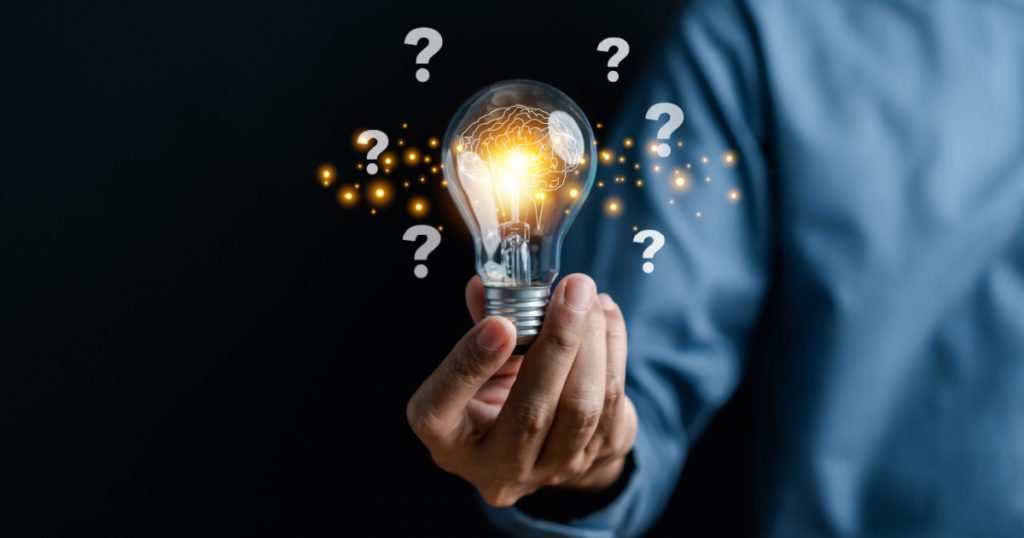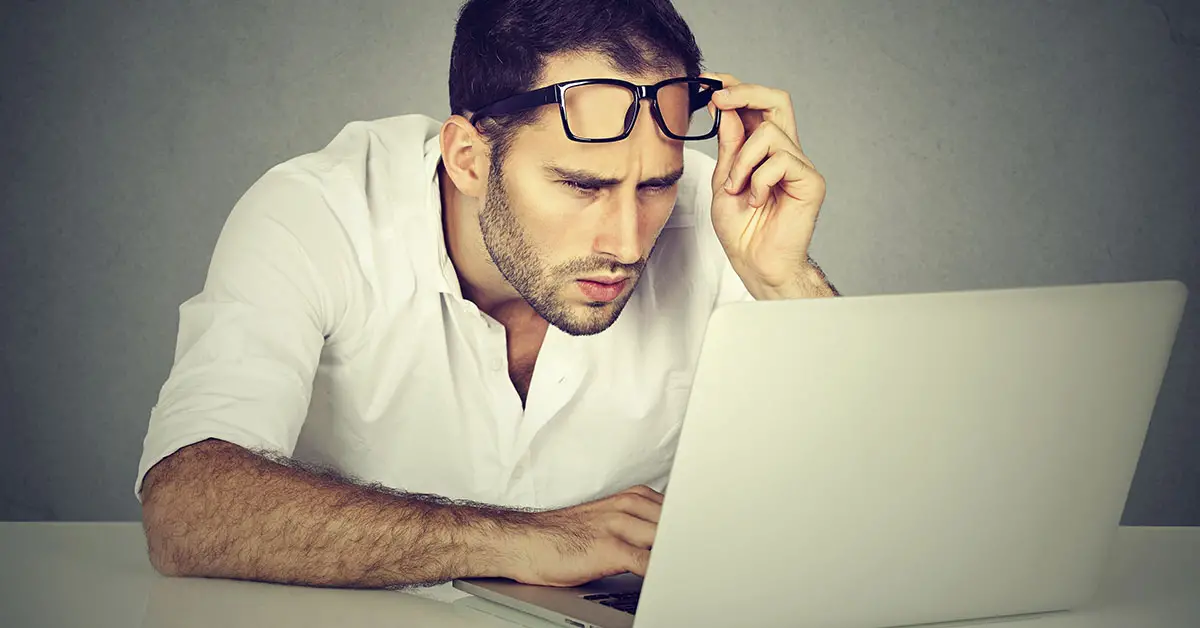Noticing altered photos can be tricky. Imagine a model with no wrinkles – that might make you suspicious. But it’s harder to figure out when someone adds a dog to a picture or takes away a beer. These are the sneaky signs that show a photo has been messed with. We can’t always tell if a photo has been altered. Can you spot when a picture has been airbrushed or changed? Some apps make it easy to tweak photos. The University of Warwick in the United Kingdom wanted to know if people could catch these changes. They had folks look at original and tweaked images and asked, “Do you think this photo has been digitally altered?”
Read: The Most Ridiculous Things People Tried To Pass Off As Reality On The Internet
The results, published in Cognitive Research

Principles and Implications show people could only tell a photo had been tweaked 60% of the time and pinpoint exactly where it was only 45% of the time. Sophie Nightingale, a PhD student at the University of Warwick, said, “Although people performed better than chance at detecting and locating image manipulations, they are far from perfect.” When asked to find alterations, people did better. This suggests it’s easier to spot changes than to say if a photo has been changed at all.
Can you tell the difference in this altered photo of a woman by a canal?

Take a look at a photo of a woman by the canal. Check the right-hand corner – they added a pipe spouting water. They also changed the woman’s appearance by removing blemishes, and shadows, whitening her teeth, rounding her face, and adding volume to her hair. They moved two columns in the center and played with shadows. Sneaky, right?
Why does sneaky photo editing matter?

It can cause problems when people don’t know when they’re looking at altered photos. Dr. Kimberley Wade, a study co-author from the University of Warwick, says this can be an issue in legal proceedings where photos are used as evidence. Manipulated images can go undetected, leading to serious consequences. Airbrushed photos can also cause body image issues, especially in young people. They might not realize they’re seeing edited images with unrealistic beauty standards, leading to poor mental health.
Read: A Third Person is Hiding in This Old Photo – Do You See Them?
Can you spot what’s changed in a photo of a man with beers on the table?

Look at his forehead – the wrinkles disappeared. Retouching is easier than Botox, but what if those wrinkles were evidence in a trial? There are no clear signs, but a few tricks might help. Dr. Nightengale suggests using reverse image searches, looking for repeating patterns, adjusting contrast or sharpness in a digital editing program, and watching for subtle inconsistencies in lighting and shadows.
Check out a photo of a man standing in the street

Identifying altered photos, like airbrushing, adding or removing objects, geometrical issues, and shadow inconsistencies, can be challenging. Look at the shadow on the pavement – it’s subtly altered. Two garbage cans were added, the man’s face was airbrushed, and the tree in the background was changed. Sneaky, right?
Keep Reading: Can you spot the difference?

